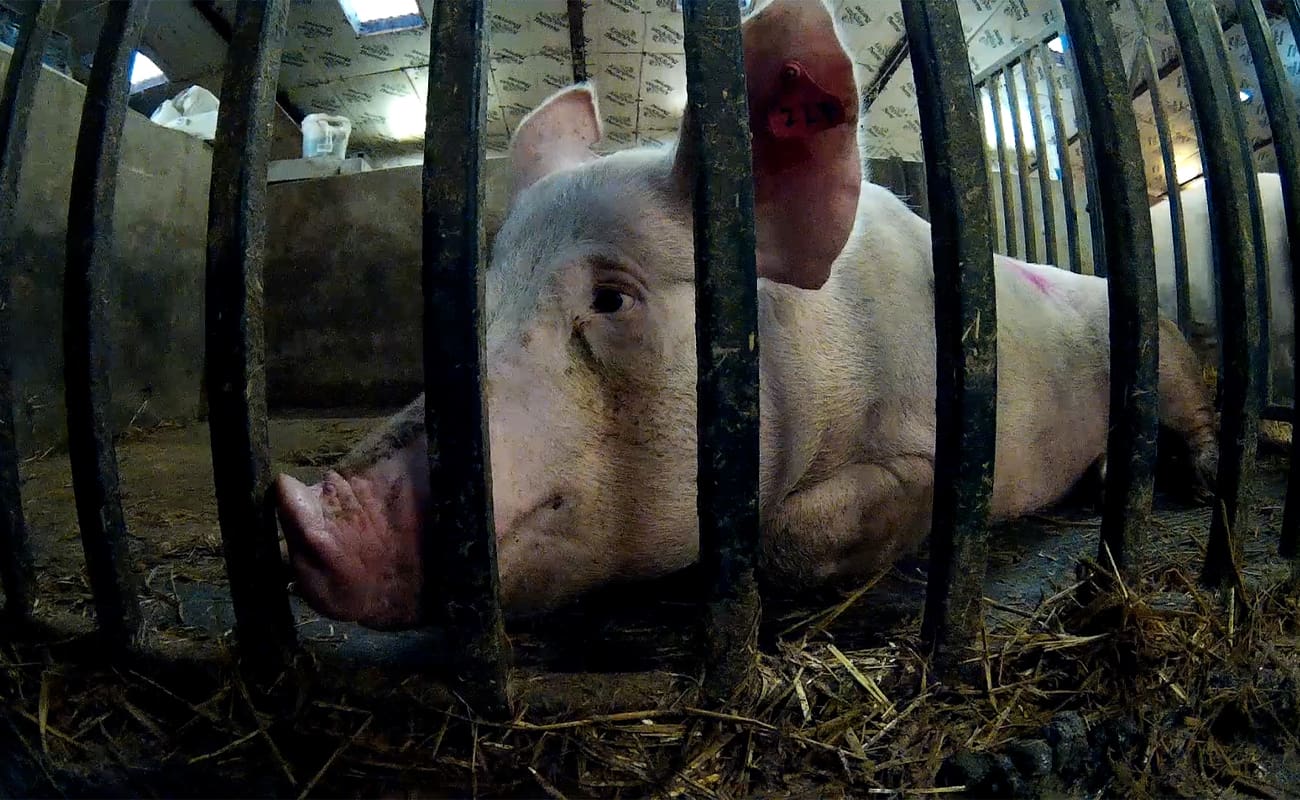Animal sentience is the recognition that animals are not mere biological machines, but living beings capable of subjective experiences—of feeling joy, fear, pain, pleasure, curiosity, and even love. Across species, science continues to uncover evidence that many animals possess complex emotional and cognitive abilities: pigs display playfulness and problem-solving skills, chickens form social bonds and communicate with over 20 distinct vocalizations, and cows remember faces and show signs of anxiety when separated from their young. These discoveries challenge long-held assumptions about the emotional boundaries between humans and other species.
Despite this growing body of evidence, society still operates on frameworks that ignore or minimize the sentience of animals. Industrial farming systems, laboratory experiments, and forms of entertainment often rely on the denial of animal consciousness to justify harmful practices. When animals are viewed as unfeeling commodities, their suffering becomes invisible, normalized, and ultimately accepted as necessary. This erasure is not just a moral failing—it is a fundamental misrepresentation of the natural world.
In this category, we are invited to see animals differently: not as resources, but as individuals with inner lives that matter. Recognizing sentience means confronting the ethical implications of how we treat animals in our daily choices—from the food we eat to the products we buy, the science we support, and the laws we tolerate. It is a call to expand our circle of compassion, to honor the emotional realities of other beings, and to reshape systems built on indifference into ones rooted in empathy and respect.
Factory farming has become a widespread practice, transforming the way humans interact with animals and shaping our relationship with them in profound ways. This method of mass-producing meat, dairy, and eggs prioritizes efficiency and profit over the well-being of animals. As factory farms grow larger and more industrialized, they create a stark disconnect between humans and the animals we consume. By reducing animals to mere products, factory farming distorts our understanding of animals as sentient beings deserving of respect and compassion. This article explores how factory farming negatively affects our connection with animals and the broader ethical implications of this practice. The Dehumanization of Animals At the core of factory farming lies the dehumanization of animals. In these industrial operations, animals are treated as mere commodities, with little regard for their individual needs or experiences. They are often confined to small, overcrowded spaces, where they are denied the freedom to …


























































